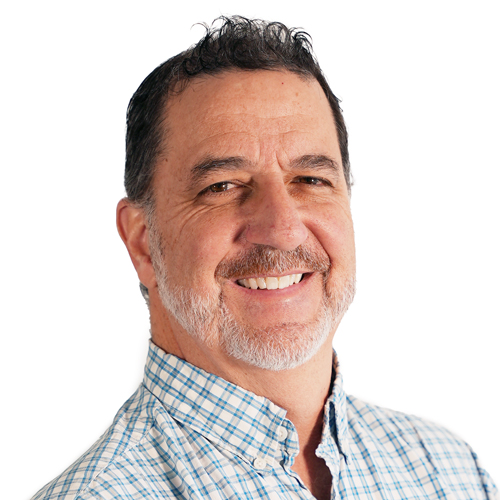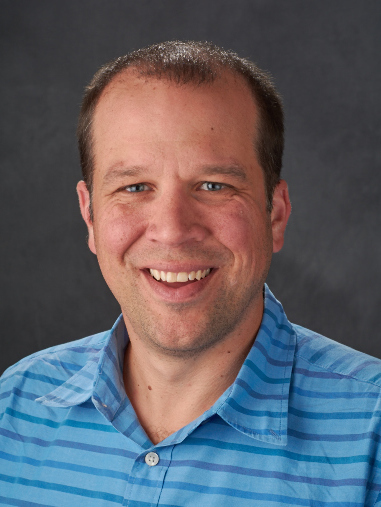
Credit: Marie Zhuikov/Water Resources Institute
Oct. 5, 2016
Like much of Wisconsin, West Bend is near water—surface and groundwater, as well as being located about 15 miles from Lake Michigan. For the residents of the city, a traveling photo display about Wisconsin water is a perfect way to learn more about the value and uses of water in their area and around the state.
The exhibit was created by the University of Wisconsin Sea Grant College Program and University of Wisconsin Water Resources Institute and will be on display throughout October at the West Bend Community Memorial Library.
The photo display explores water in Wisconsin and its deep connection to the economy, the environment and residents’ health. The museum sits along Lake Michigan and the state boasts an additional 15,073 inland lakes, more than 5 million acres of wetlands and 1.2 quadrillion gallons of groundwater.
The display specifically highlights stories such as research investment to find ways to raise yellow perch through aquaculture, how reducing nitrogen use on the land keeps the waters cleaner and the methods to measure wave heights in Lake Superior to keep kayakers safer while they are enjoying their sport. Educational programs supported by the two programs are also noted, such as kits to promote STEM learning or raising awareness about aquatic invasive species.
James Hurley, director of Wisconsin Sea Grant and the Water Resources Institute, is excited for Green Lake residents to explore Wisconsin’s water: “As a water researcher, I have studied the impact of mercury on Wisconsin’s northern lakes and the Great Lakes, and I am proud of the diverse projects around Wisconsin improving the health and sustainability of our water. This display is a great opportunity for residents to learn about the role of water in their lives and to think about how they can be good stewards of an important shared resource.”



